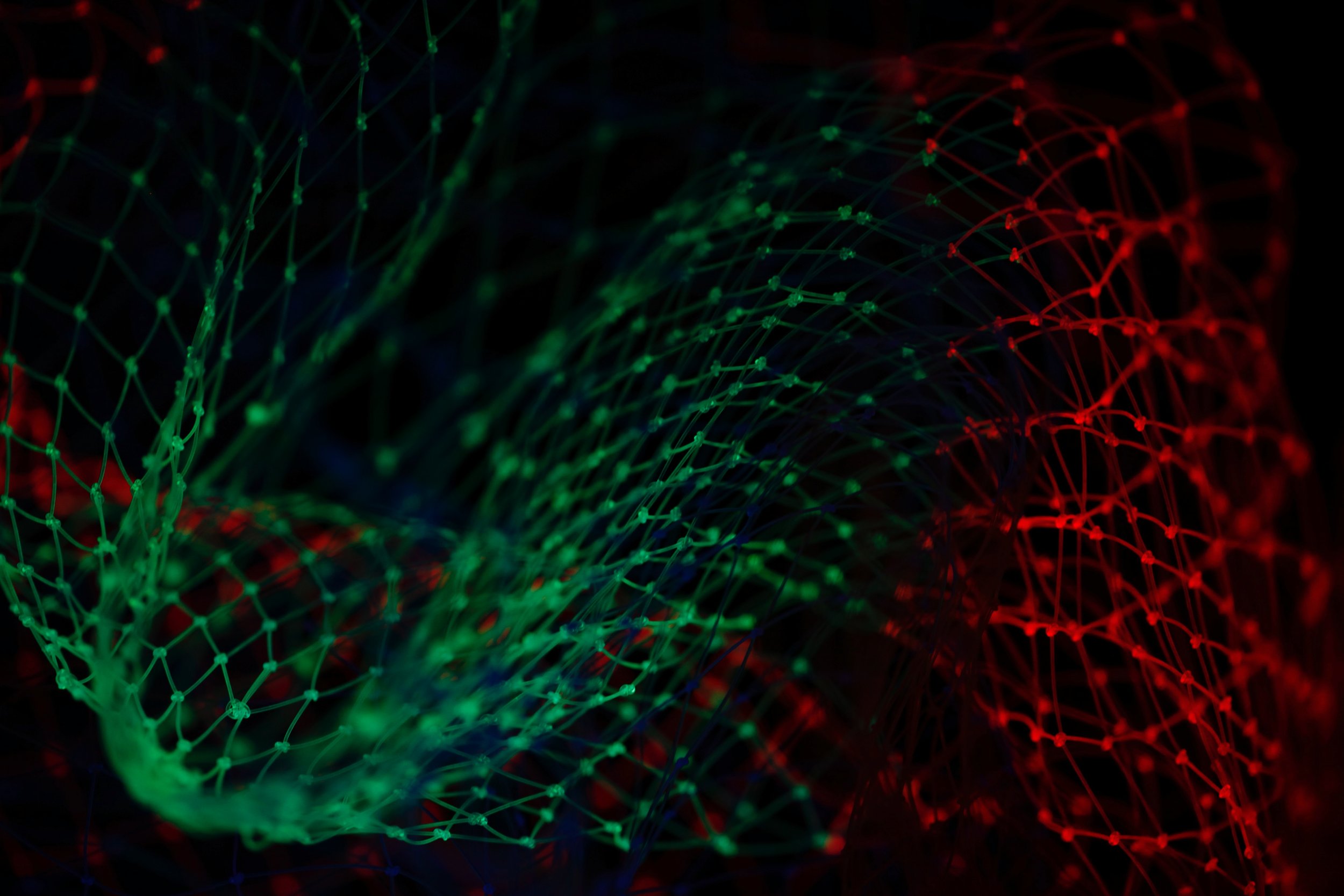
Our Research
We work on a range of fundamental problems in theoretical and computational biology.
We are particularly interested in the neural and computational mechanisms by which organisms generate behavior during ecological interactions, and in how individual behavior scales up to influence processes at the scales of biological collectives and ecological systems. We also develop methods to improve data collection, inference, and data-driven model development in the domains of quantitative behavior and ecology. Our primary research themes are described below.
Sensing and
decision-making
How do organisms generate flexible, adaptive sequences of natural behavior?
How organisms consistently generate effective behavior in novel situations is one of the longstanding mysteries of behavioral science. For example, the sensory-motor behaviors required to avoid a predator or capture prey differ from one setting to another, yet organisms consistently generate long sequence of behavior that are uniquely suited to the situation at hand. How can behaviors that are learned or evolved in one context generalize to the enormous set of possible situations an organism might encounter? What types of neural computations make such generalization possible? Our philosophy of attacking these questions makes heavy use of the concept of behavioral algorithms – low-dimensional, repeatable rules organisms appear to employ when transforming sensory input into behavioral actions. We have used this approach to study a diverse range of behaviors including bacterial search strategies, escape decision-making, and navigational decisions in migratory animals.
Collective behavior
How do individuals’ rules for decision-making scale up to determine the emergent behavior of biological collectives?
Biological collectives – groups of individual biological agents that interact with one another – abound at every level of biological organization. They include things like the unicellular aggregates that form biofilms, the collections of cells that compose tissues, and the groups of animals that form flocks, schools, swarms, and persistent social groups. We are interested in the interplay between individual decision-making, and the structure and properties of collectives. We explore questions in this theme using general computational models and experiments with animal groups.

Ecological dynamics
How do behavioral and ecological processes interact to influence ecosystem dynamics?
Ecological interactions are driven by behavior: individuals employ strategies for interacting with one another, and the long-term outcomes of these interactions determine ecological rates such as population mortality and birth rates, carbon and nutrient fluxes, rates of competitive exclusion, etc. We are interested in understanding the connection between fast-timescale behavioral interactions, and the long-run demographic and mass flux rates that are at the heart of ecosystem dynamics. This work involves both fundamental theory development, and empirical work primarily in coral reef ecosystems.
AI & machine learning for scientific inference
How can we exploit AI/ML technologies to improve data collection, inference, and model construction?
A big part of what we do in the lab is finding ways to collect better data on behavioral and ecological processes, and using those data to drive model and theory development. To support this, we develop both technologies for raw data collection, and mathematical tools for drawing inferences from data. These methods draw heavily on Machine Learning, including deep learning, as well as stochastic processes, dynamical systems, and Bayesian inference. Some applications include automated measurement of behavior and ecological interactions from field videos, inference of the behavioral algorithms animals use to generate dynamic behavioral sequences, and methods for inferring the nature and form of species interactions from population time series.
Join the lab
We are always looking for dynamic new scientists, mathematicians, and engineers to join the lab. Interested graduate, postdoctoral, or undergraduate researchers should contact Andrew to inquire about possibilities.




